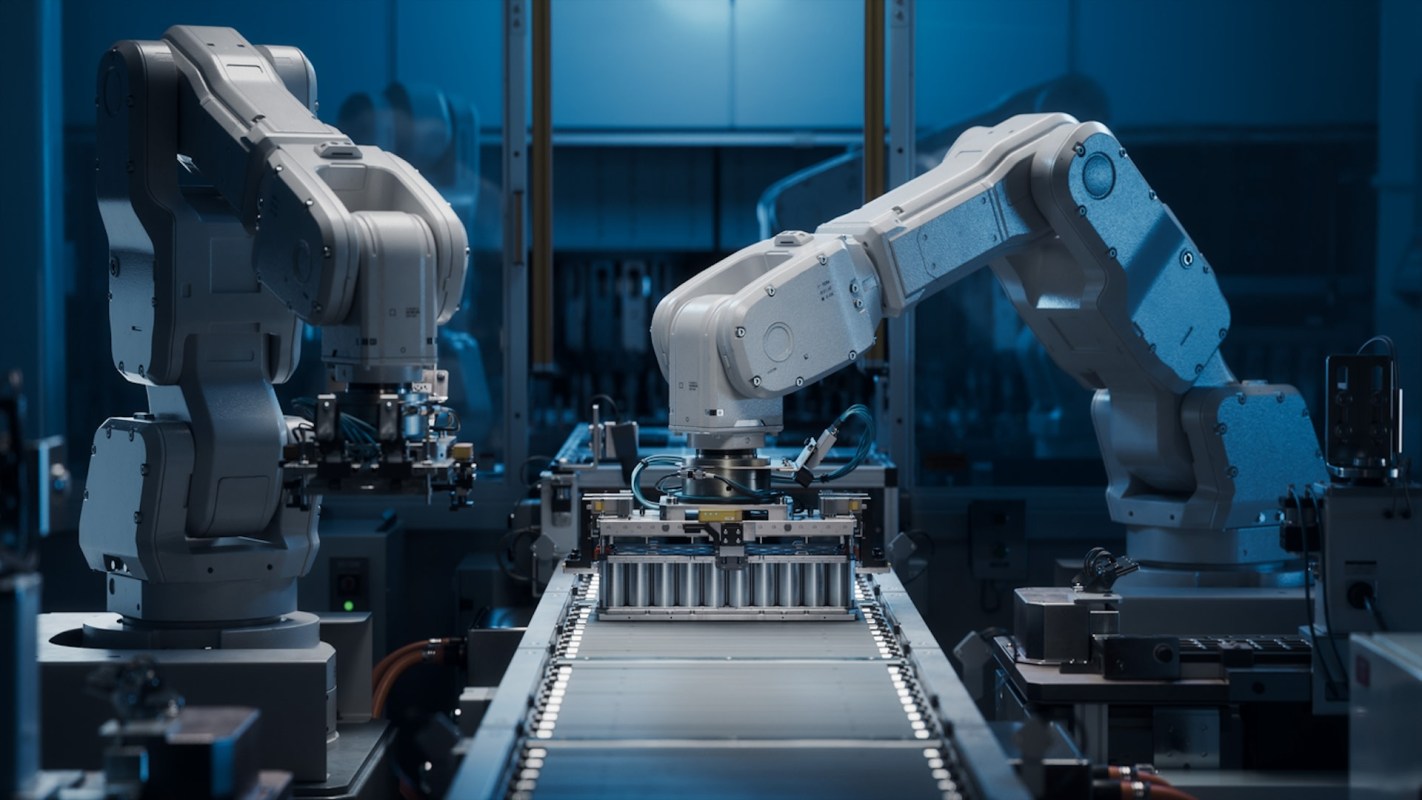Hundreds of jobs are coming to Louisiana thanks to Japanese company UBE Corporation.
In March, CBT News reported that the corporation is putting $500 million toward a plant that will produce chemicals vital in the manufacturing process for lithium-ion batteries in electric vehicles.
Construction is slated to begin at Cornerstone Energy Park in Jefferson Parish this year, bringing 300 jobs to the area. Another 56 positions combined will open up at UBE C1 Chemicals America, which will oversee operations as the U.S. wing of UBE, and Cornerstone Chemical Company.
The plant is expected to open sometime in 2026.
While this is great news for the Pelican State, it is also a promising development for people who are thinking about purchasing an electric vehicle. The Inflation Reduction Act has helped many Americans save thousands of dollars on their EVs through tax incentives, making the low-maintenance vehicles more accessible.
However, as detailed by USA Today, EVs that contain materials sourced from a "foreign entity of concern" became ineligible for the full tax credit beginning in January. Some models were also removed from the running for partial credits. That list of countries included China, the largest player in the EV battery industry by a wide margin.
CBT News pointed out that having a U.S.-based plant to produce dimethyl carbonate (DMC) and ethyl methyl carbonate (EMC) could help more EVs qualify for tax credits because it would increase the percentage of domestic components and materials in the final products.
Scientists have been working on alternatives to lithium-ion batteries, but at this time, most EVs are still powered by them. The facility is expected to produce around 110,000 tons of DMC and 44,000 tons of EMC every year.
EVs ultimately have less of a negative impact than traditional gas-powered cars, as they don't release pollution when driven, eliminating thousands of pounds of planet-warming gases that have also been linked to asthma.
This is one reason they are projected to be part of a cleaner, healthier future, but UBE brought with it more good news. The company's method of producing the chemicals is expected to have minimal disruption on the environment, according to president and representative director Masato Izumihara.
"UBE's proprietary nitrite process, which we have been developing since the 1970s, enables us to realize a very limited environmental impact and much fewer by-products compared to other existing plants and processes, particularly in mainland China," Izumihara said in a statement published by the Louisiana Economic Development agency.
"This project directly aligns with JEDCO's efforts to generate quality jobs, investment and opportunities within the environmental and engineering industry," added Jerry Bologna, the president and CEO of the Jefferson Parish Economic Development Commission. "We are proud to support UBE's project in Jefferson Parish and look forward to the significant economic impact it will have on our community."
Join our free newsletter for cool news and actionable info that makes it easy to help yourself while helping the planet.









